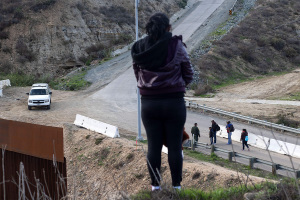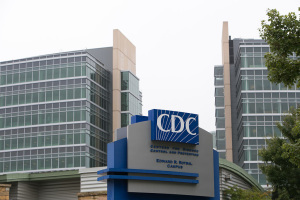How Vulnerable are U.S. Elections to Hackers? Experts Urge for Better Protective Measures
An online petition letter is currently making the rounds as security experts and research groups urge the United States Congress to look into steps that could be done to protect state and federal elections from interference.
The letter made a timely request on Wednesday, June 21, as the United States Senate, led by the Senate Intelligence Committee, conducted hearings on possible outside influence affecting the 2016 U.S. presidential election.
As the Senate investigations into Russia's possible involvement in manipulating the last presidential election continue, security experts add their recommendations on how to better secure the U.S. electoral process.
As supported by the signatories of the letter, the authors call for voter-verified paper ballots. The return of a paper trail will give voters their own "official record of voter intent" and could give voters a way to directly verify if their votes match those recorded by the system.
Current voting machines are designed to be paperless, and they offer little to no help in checking if the saved entries matches those inputted by their users, according to the International Business Times.
More safeguards against Internet-based intrusions into the voting system should be put in place as well, according to studies mentioned through their letter. These include putting firewalls in place in every stage of the process — from voter registration to ballot delivery. Security safeguards should also be added to every part of the election management system.
The experts also placed importance to testing the system to ensure compliance with the Department of Homeland Security's guidelines for security. Additional steps to ensure the validity of the results should be added as well, including an audit process to verify the vote tallies.
Samuel Liles, acting Director of Cyber Division for the DHS, said that the intelligence community made the assessment that 21 states "were potentially targeted by Russian government-linked cyber actors." Liles, however, declined to elaborate on which states were covered by this statement.




























